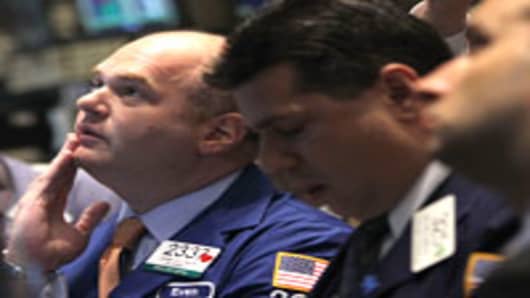The ongoing economic climate has resulted in hedge fund managers adopting such similar approaches to investment that if the economy turns unexpectedly against investment strategies held by the majority, most hedge funds will end up taking bit hits, prominent hedge fund manager Hugh Hendry wrote in an op-ed in the Financial Times on Thursday.
The chief investment officer and founding partner of Eclectica Asset Management wrote that he feared the hedge fund community has compromised itself, despite making double-digit returns in the most recent quarter.
“Last year was generally very tough for long/short strategies and I commiserate with all concerned. But last year world class funds lost more than 15 per cent in just two months. Today they are celebrated again for making double digit returns in the last quarter even though they still languish below high water marks and their reputation for risk management, at least to those clients who have poured over their copious due diligence statements, has been sorely compromised,” he said.
Hendry said, as an example of a strategy widely held now, that he believes hedge fund managers have become afraid to take “stop losses” and had become convinced that inflationary pressures mean they should take positions which were “short U.S. Treasurys and long real assets,” rather than investigating alternative strategies. The result of such uniformity in strategies could result in a “monoculture of returns,” he said.
Comparing the current economic environment now to the hyper-inflation seen in the 1970s, Hendry suggested hedge fund managers have also become overly sensitive to risk in the same way stock market investors became in the 1980s.
“Goaded by the proximity to the last dramatic event, investors overreacted to the news that the US economy was pulling out of recession in 1984. They saw high inflation where there was none,” he wrote.
With that in mind, Hendry said he believed it would take “several more years” before investors would stop worrying about the threat of debt and deflation.
“Such is the potency and memory of 2008’s crash that anything remotely challenging to the economic consensus could be met by a sudden and severe reappraisal to the downside,” he wrote.
“Should such an event send 30-year Treasury yields back to their 2008 low of 2.5 per cent, we believe enlightened investors might better be served by thinking the opposite. Only then might it prove rewarding to short the government bond market and embrace what may turn out to be a much promised once in a lifetime buying opportunity for risk assets,” he added.


